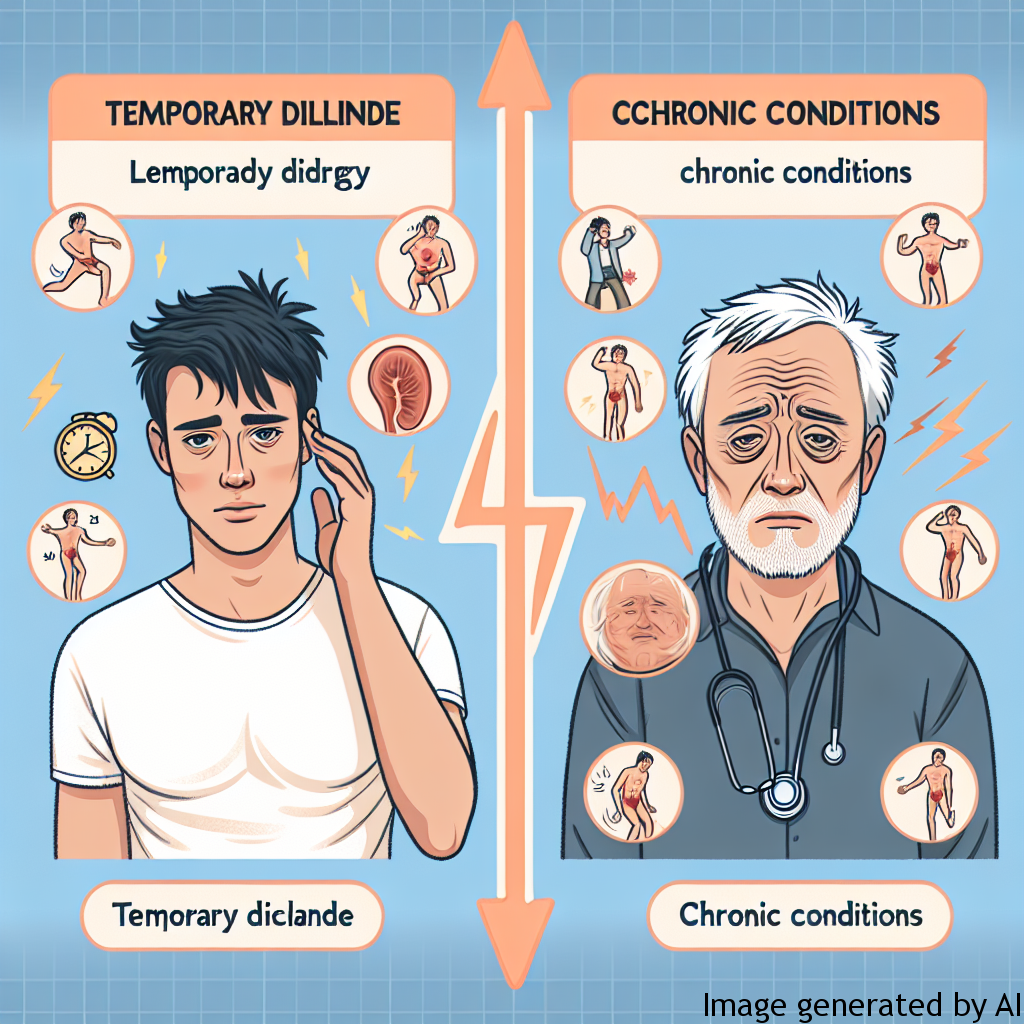Introduction
The subject of libido — the sexual desire or drive — is often approached with intrigue and sometimes, a certain degree of misunderstanding. It is crucial to understand that our sexual drives are not always constant. They can and will change over time due to various factors. It’s possible to have periods of high libido and some points at which it is low or completely absent. These fluctuations can be temporary or chronic. Understanding the underlying causes and impacts of these changes is key to a healthier sexual life and mental state.
Description of Gender Expectations and Their Impact on Men’s Mental Health
The impact of societal and individual expectations based on gender is immense and is not limited to our roles within society but extends to how we view ourselves and our personal lives, which includes our sexual health.
The Masculine Stereotype
Traditional gender norms often portray men as individuals who should invariably express a high libido. The impulse to live up to this stereotype can cause distress, particularly when there is a decrease in sexual drive due to causes that could be physiological (such as age or certain medical conditions) or psychological (such as stress or depression).
Mental Pressure
This intense pressure can create anxiety and trigger guilt or a sense of inadequacy, which in turn can exacerbate the issue of low libido, forming a negative cycle that could potentially lead to chronic situations if not addressed in time.
Examples of How Gender Roles Can Impact Men’s Lives
The perception of men needing to always desire sex can drive them into denying or ignoring their own emotional and physical needs. It can make it difficult for them to seek help when they encounter problems with their sexual health, for fear of being judged or stigmatized. Similarly, these misguided expectations can potentially damage relationships as men may feel pressured to perform sexually irrespective of their mental or physical state, leading to stress and dissatisfaction for both partners.
Tips for Improving Mental Health Considering Gender Roles
Understanding that everyone has varying sexual desires and that these inclinations can shift at different stages of life is the first step towards breaking free from the grip of harmful stereotypes.
More specifically:
- Recognize and respect your body’s signals and needs. Realize that it is okay to not always be in the mood for sex.
- Open communication with your partner about your desires and concerns can lead to greater understanding and improved relationship quality.
- Professional help, in the form of counseling or sex therapy, can be highly beneficial for those grappling with guilt, stress, or anxiety related to their sexual health.
Conclusion
Gender expectations regarding libido can significantly impact men’s mental health and overall well-being. It is crucial to acknowledge the fluctuating nature of sexual drive and understand that it is not a sign of weakness or inadequacy to experience periods of low libido. Encouraging open discussions and promoting a more balanced and realistic viewpoint can do wonders in reducing the stigma and boosting men’s sexual health and psychological wellness.

